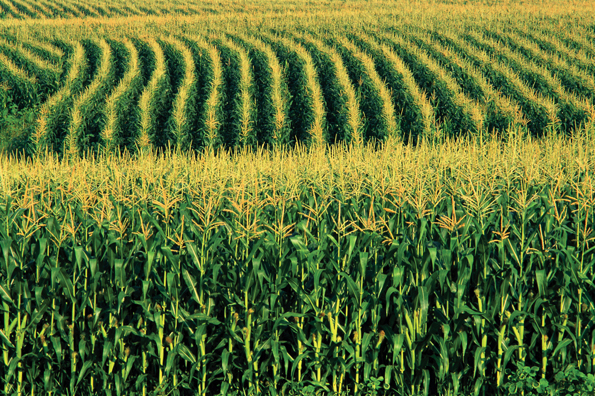| Upcoming Events: NOTE: Pre-Registration is REQUIRED. Counties with date/location/time not listed below chose not to have that information publicized. You will need to contact the county you wish to attend to obtain the date/location/time for meetings (particularly for pesticide & chemigation training) and to RSVP. Mar. 11, 18, and 25: Know Your Options, Know Your Numbers, Noon, https://wia.unl.edu/know Mar. 23: BeefWatch webinar: Alternative forage options during a drought, 8 p.m., https://beef.unl.edu/beefwatch-webinar-series Mar. 30: Solar Webinar: Intro to Photovoltaic Solar, 9 a.m., Registration Mar. 30: BeefWatch webinar: stretching forage to meet cow requirements during a drought, 8 p.m., https://beef.unl.edu/beefwatch-webinar-series |
Happy Spring! And, happy Ag Week! This past week, I thought a lot about the past few years. March 15, 2019, was the flood and blizzard that caused damage and loss in many portions of the State. It would’ve been similar in 2021, but thankfully the soil wasn’t frozen, and there wasn’t the ice on the rivers. Grateful 2021 was different! And, March 17, 2020 (or in that time-frame for many) was the beginning of changes due to COVID with many experiencing loss of some type this past year.
We all experience anniversaries of difficult events in our lives due to the brokenness in this world. Brandy VanDeWalle shared information from the Substance Abuse and Mental Health Services Administration (SAMHSA) regarding some tips to help.
- Be aware that special days may be difficult. It’s common for some stress and other emotional reactions to happen around the anniversary of an event. Simply recognizing that your feelings are normal will help. Dealing with some of your losses and the new realities you’re facing after a disaster can be challenging.
- Be gentle with yourself. Show yourself the same kindness and patience you’d give to others during this time. Allow yourself to feel angry or sad and recognize that these emotions are natural.
- Participate in activities that you enjoy. This may be different depending on the individual. Some people like to reflect in solitude while others may prefer spending time with family and friends for support. Some of these activities may include singing, prayer, meditation, attending a spiritual service, going to the movies, or just getting together with loved ones to share a meal.
- Talk about your losses if you need to. If you want to talk about your losses since the disaster, you can. If you want to talk about the future, you can do that, too. Be sure to share your thoughts and feelings with someone you trust. That can be a friend or family member or a health care professional.
- Draw on your faith/spirituality. For many, faith and other spiritual beliefs are a source of strength and comfort every day, and most especially during difficult times. Reach out to your faith adviser, spiritual community, or anyone that you feel comfortable talking with about your beliefs to support and console you.
- Accept kindness and help from others. Support from family and friends is essential to healing. It’s often difficult for people to accept help because they don’t want to be a burden to others, or don’t want to appear weak. Allow the people in your life to show their care and concern.
- Help others. For some people, volunteering is a healthy way to heal and they get a great deal of satisfaction from helping others. Some activities can be as simple as donating food, clothing, and other items.
Ultimately know you are never alone and there is always hope and help! There are a number of additional resources available at: https://ruralwellness.unl.edu/.
Vegetable Planting Guide: Thanks to Gary Zoubek for updating the vegetable planting guide! It can be found at: https://go.unl.edu/d7qk.

































